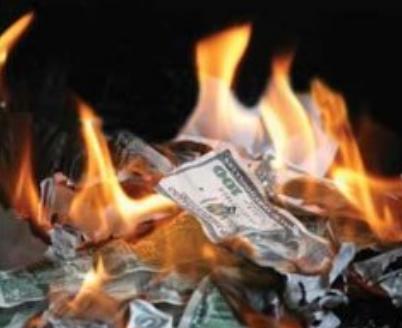MyCHIPs Digital Money

Replacing Old Money
We have been using traditional money all our lives. Most have become so comfortable with it, we don’t really think much about what it is, and what it is not. It can be easy to forget, money is not the ultimate end of our efforts.
For example, you might sell a car to a friend, even though he couldn’t pay you right away. Likely you would create some kind of promissory note, or a loan. Your friend would agree to pay you at some point in the future–maybe in a series of monthly payments, instead of all at once.
If you are like most people, you might feel some sense of exposure during the term of the loan, until the promise has been completely fulfilled. Likewise, you would feel a comforting sense of closure when the final payment has been made. Now your sale is complete. You have the money in hand. And what could be better than cash?
But the part we usually forget is, money is not the true end of the transaction–at least it shouldn’t be. The car had a utilitarian value in your life. You could use it to go places and carry things. Once sold, that value was transferred to your friend.
You sold the car in the first place, because you wanted something else in its stead. Maybe you wanted a newer car. Or maybe you wanted a new computer, a cell phone, and some new clothes.
The point is, your transaction is not really complete until you have purchased the other goods and services you want more than you wanted the old car. The money you get for the car is just a proxy, or a substitute for the car, which you hold until you have figured out what else to buy.
What’s more, the money you got for the car is really no different in type from the promissory note you received from your friend. Both are just notes, or promises of future value.
The promise from your friend, we will call a “friend note.” The “real” money you eventually collected is a bunch of “Federal Reserve notes.” We use the word “note” because that is what they actually are–promises, or obligations. And just like the note from your friend, they are a promise of some value in the future.
So even though the cash gave you that nice feeling of closure, it really was not the end. You had just traded one promise for another. The first promise was only backed by your friend. But the promise that eventually replaced it was backed by your government and its ability to tax you, and the rest of its citizens.
So this leads us to how MyCHIPs work. But make sure you understand this notion that money is a promise of value. We just happen to prefer certain promises over others, because they seem more dependable.
